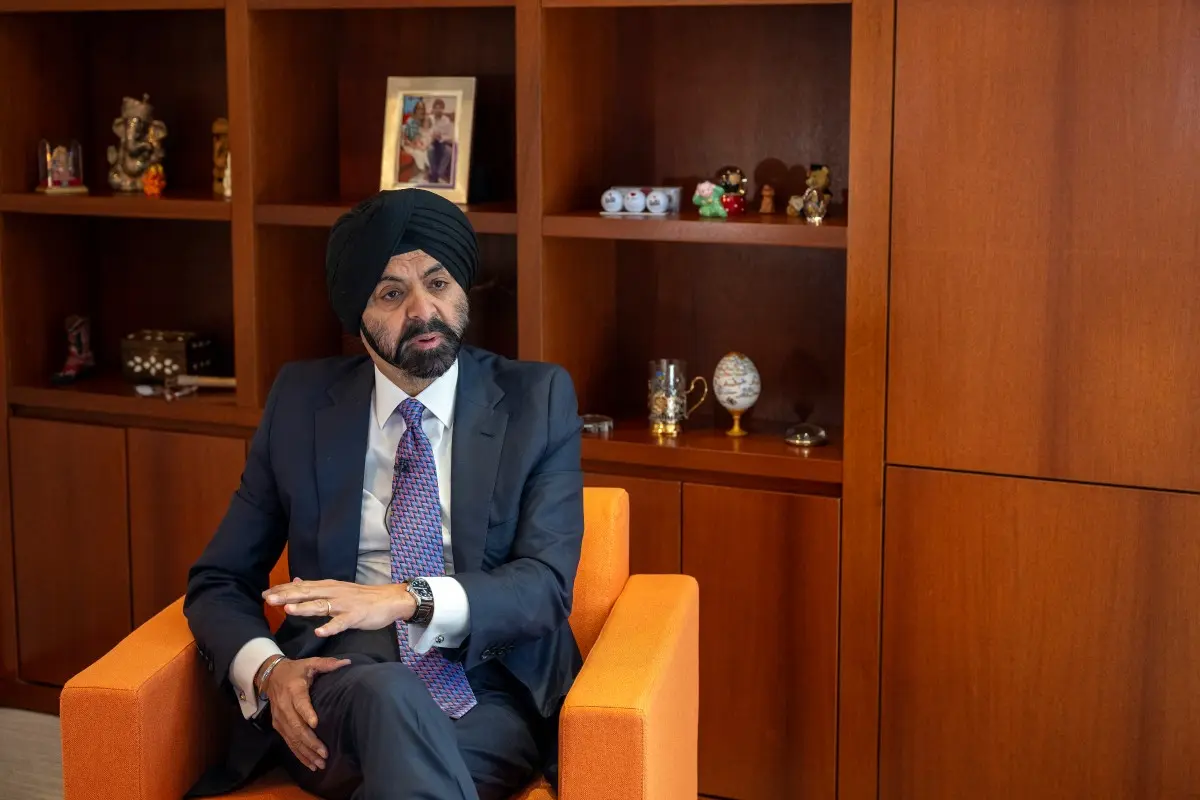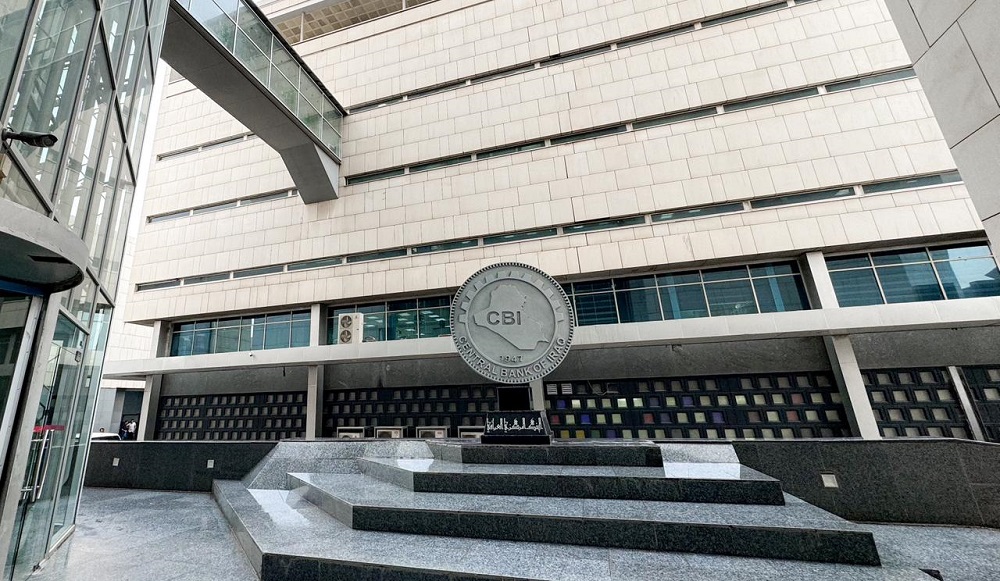World Bank's Ajay Banga aims to boost private investment in climate solutions

Shafaq News/ The World Bank is actively pursuing a reduction in the time required to initiate financing for projects as a key component of its efforts to expedite and expand the operations of the 79-year-old development institution, revealed its president, Ajay Banga.
In an interview with AFP, the World Bank Chief discussed his vision to expedite the deployment of funds, aiming to reduce the average time taken before "the first dollar goes out the door" from 27 months to a more efficient timeframe.
Banga, an Indian-born naturalized US citizen and former head of Mastercard, assumed leadership of the World Bank in June with a commitment to enhance lending capabilities by fostering increased private investment in the global fight against climate change.
According to AFP, Banga has implemented significant changes over the past seven months, modifying the bank's mission statement to address climate change explicitly and establishing a private sector advisory body to identify solutions for overcoming "barriers to private sector investment in emerging markets." He has also explored innovative approaches to optimize the bank's balance sheet, enabling greater lending capacity without additional funding from donor countries.
Banga reiterated his commitment to "fix the plumbing" of the World Bank, emphasizing the need to enhance its credibility and attract more capital investment from the developed world.
"For that you have to become a better bank. You have to be quicker, faster, more focused on impact, less focused on input," he said. "Then you can say with credibility, 'I'm now ready to absorb more capital.'"
The chief executive emphasized to AFP the importance of becoming a more agile and impact-focused institution, highlighting the necessity to be quicker and less input-centric.
Banga disclosed to AFP that the organization has raised its target for climate-related projects from 35 percent to 45 percent of its annual financing as part of the World Bank Group's push to increase climate financing. He emphasized the nuanced perspectives on climate change, noting that while the developed world focuses on mitigating carbon emissions, the developing world sees it predominantly as adaptation, dealing with issues such as irrigation, rainfall, soil degradation, biodiversity loss, and forestry cover.
"I think people in the global south recognize very well that you cannot fight poverty without fighting climate change," Banga said. "The only difference is, what do you mean by climate change?"
To meet the ambitious climate financing targets, Banga pointed out that half of the 45 percent committed to climate financing in the next financial year will be allocated to adaptation, with the remaining half dedicated to mitigation. Despite these efforts, he acknowledged that the scale of the climate challenge necessitates substantial private-sector participation.
"You have to find these compromises, to enable the donors and the receivers to feel that the bank is navigating in the right way," Banga said.
By addressing the significant gap between current funding levels and the estimated $2.4 trillion needed annually by developing countries until 2030, Banga outlined three key challenges: regulatory certainty, foreign currency risk, and protection against wars and civil unrest. He highlighted ongoing efforts to work on these challenges, including providing political risk guarantees and simplifying access to unlock private capital.
Banga concluded by emphasizing the indispensable role of the private sector in bridging the funding gap, underscoring the need for collaborative efforts to address the complex challenges posed by climate change, conflict, and pandemics.








